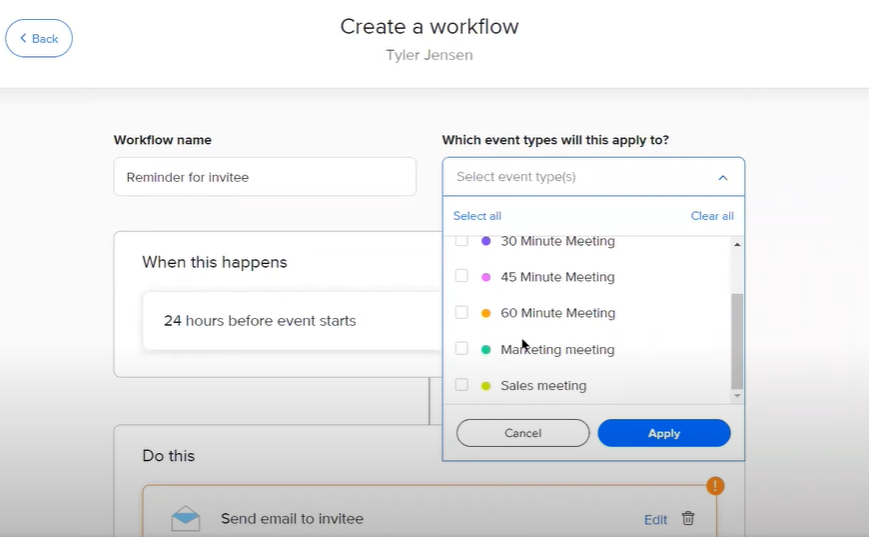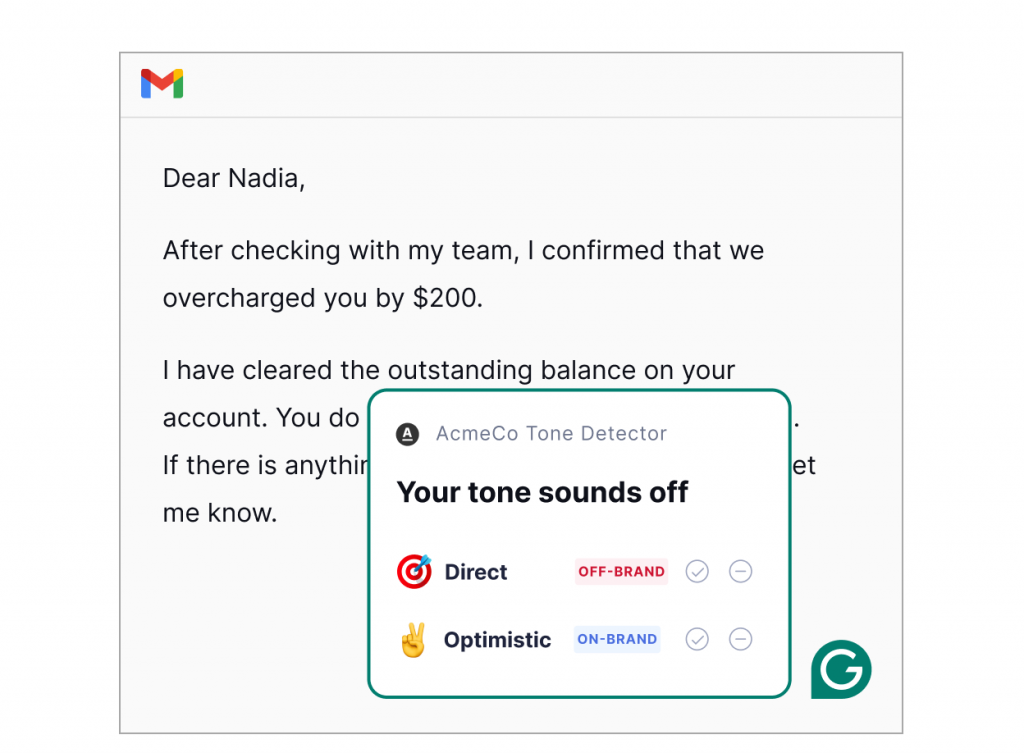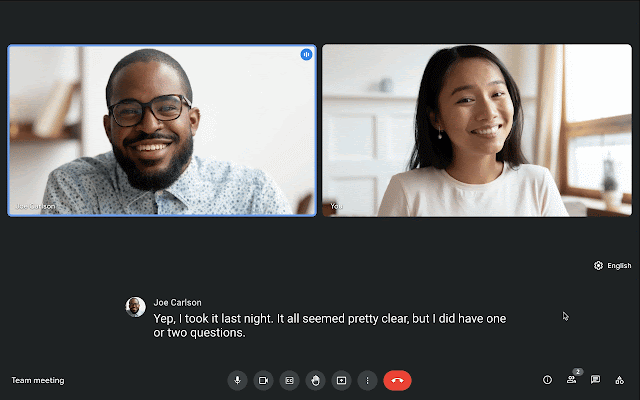The latest rise of Synthetic Intelligence (AI) has despatched shockwaves by way of our world. Machines outsmarting us, stealing our jobs, and leaving humanity twiddling at its thumbs—that’s what has been maintaining us conscious at nigh
However let’s pause and take into account: Is AI really our nemesis? Positive, the grim statistic of 85 million jobs doubtlessly misplaced to automation by 2025 paints a bleak image. Nevertheless, the creation of 97 million new roles from this rising expertise screams in any other case.
What appeared like a alternative for people is now really going to reinforce our potential. We’re speaking about AI stepping in to take the grunt work off our plates (sure, no extra losing hours on soul-crushing spreadsheets or limitless electronic mail chains) and handing us the keys to unlocking higher-order pondering, creativity, and even pleasure. It could possibly even increase photographs of what’s attainable in our future, serving to us reimagine industries and options as soon as thought inconceivable.
So, let’s cease worrying about whether or not AI is right here to take over, and let’s begin asking the way it will redefine our workspaces the place people and machines workforce up as equals.
Scroll down for the reply!
7 Methods AI Is Redefining Human Roles within the Office
The office as we all know is present process a revolutionary makeover. AI isn’t just chipping away at repetitive workloads, nevertheless it’s elevating what we, as people, are able to.
Under, we dive into seven of essentially the most transformative AI shifts occurring within the office proper now.
1. Liberating Human Creativity by Eliminating Mundane Duties
Simply take into consideration what number of hours you lose every day to repetitive actions like responding to routine emails, feeding information into spreadsheets, or scheduling back-and-forth conferences.
These aren’t simply time-sinks; they’re creativity blockers. They sap the vitality and focus you might in any other case channel into brainstorming modern concepts, fixing advanced issues, or growing new abilities.
That is the place AI steps in as the last word “liberator.” Its skill to automate repetitive workflows is nothing in need of transformative. For instance, instruments like Google’s Good Reply may help you craft fast, related electronic mail replies, whereas with Calendly, you possibly can create customized workflows to automate assembly invitations (see the picture beneath).
Equally, electronic mail advertising and marketing softwares powered by AI can streamline outreach campaigns, personalize content material for recipients, and automate follow-ups, saving numerous hours for entrepreneurs.

However right here’s what makes this extra profound than simply automation: it’s the ripple impact on how we work. It’s because it’s now not nearly “What can AI automate,” however extra about “What are you able to obtain once you’re now not tethered to the mundane?” The emergence of an AI app can empower people to deal with creativity and innovation, remodeling our strategy to duties and initiatives.
2. The Rise of “AI Co-workers”
Think about if AI wasn’t only a software you used, however a teammate you might collaborate with. It could act like your individual private assistant, serving to you all through the day with duties minor or main, so that you simply turn into one of the best model of your self at work.
That’s precisely what AI co-workers attempt to attain. They will course of huge datasets in milliseconds, generate actionable insights, and even adapt to new challenges with out breaking a sweat. All you must do is lay out directions crystal clear and your AI co-worker will deal with the remaining.
However this doesn’t imply that AI will exchange you. No. Moderately, it’s about people working with machines and overseeing/enhancing/revising their work.
So, an AI co-worker gained’t run your technique assembly, however it’ll put together an in depth evaluation to make these conferences sharper and simpler!
3. Making Emotional Intelligence a Office Superpower
It’s ironic to see AI serving to us sharpen emotional intelligence (EI), a quintessentially human ability. However it’s true as a result of right this moment, AI can acknowledge emotional cues higher than ever.
Take sentiment evaluation instruments like IBM Watson or Microsoft Azure’s Textual content Analytics APIs for instance. They will scan emails, messages, and even audio to detect the tone behind the phrases. So, in case your coworker’s electronic mail is well mannered however with a touch of passive-aggressiveness, AI is aware of that.
In truth, AI doesn’t simply depart you hanging with that perception; it additionally suggests methods to reply constructively. So, you’ve obtained Grammarly offering real-time suggestions on how your phrases is likely to be perceived, making you assume twice earlier than you hit “ship.”


Even in buyer interactions, chatbots outfitted with Pure Processing Language (NLP) can acknowledge when a buyer is upset. Equally, AI-powered name intelligence instruments can provide real-time suggestions on a buyer’s temper by analyzing their language, modifications in tone, and so on.
4. Creating Hyper-Personalised Work Environments
Gone are the times of cookie-cutter workplace setups the place everybody works the identical method, on the similar desk, with the identical instruments. Right this moment’s workplaces are evolving into dynamic ecosystems the place each particular person’s wants are catered to—and AI is on the coronary heart of this transformation.
For example, you should use AI to trace worker preferences and productiveness patterns to create tailor-made experiences. Moreover, instruments built-in with AI may help improve office effectivity by addressing numerous challenges, resembling studying the way to block web sites on Home windows gadgets to attenuate distractions and enhance productiveness.
So, if an worker is extra centered within the morning, the AI will stack high-priority duties early within the day. This sort of consideration to particular person well-being motivates workers to carry out higher.
And that’s simply the tip of the iceberg. As a result of you may also customise total bodily workspaces primarily based on particular person preferences like lighting and temperature! (Sure, you learn that proper.)
5. Bridging the Ability Hole with Actual-time Studying
Ability gaps will not be solely a problem for workers, however they’re additionally huge complications for organizations. In truth, 40% of HR managers don’t even know the strengths and weaknesses of their workers!
Fortunately, AI is popping this overwhelming drawback into a chance for progress by way of real-time studying.
So, in the event you’re engaged on a venture, and mid-way, you understand that you simply’re out of depth with a specific ability, you don’t must scramble by way of outdated tutorials anymore. AI can advocate bite-sized classes tailor-made to your quick wants so that you simply not solely study new abilities however can even apply them to your venture.
Equally, firms can use AI-driven studying platforms with the assistance of ability matrixes to upskill their workforce at lightning pace. These platforms adapt in actual time, so that each lesson really useful is related to the person’s position and profession objectives.
6. Shaping Moral Management and Determination-making
Moral management would possibly really feel like a kind of lofty beliefs that everybody agrees is vital, however nobody is aware of the way to measure—or worse, implement it constantly. However with AI as a associate, leaders are higher outfitted than ever to deal with simply that.
For starters, you should use IBM’s AI-driven blockchain expertise to trace provide chains and keep true to your promise of sourcing responsibly. Or you possibly can leverage predictive analytics to weigh the potential outcomes of varied actions and make decisions that higher align with what you are promoting objectives.
Subsequently, we should additionally do not forget that ethics isn’t about outsourcing accountability, however relatively proudly owning it.
7. AI because the Equalizer in International Workplaces
Synthetic intelligence reimagines the office as an area the place everybody, no matter geography, skill, or background, has a good shot at success.
Meaning a Japanese engineer can simply collaborate with a French marketer with the assistance of AI-powered translation instruments like Google Translate.


Equally, a visually impaired worker can now “learn” emails and paperwork by way of text-to-speech, and somebody with listening to loss can take part in video conferences because of auto-generated captions.


In truth, employers can even use blind hiring platforms like Blindfold.ai or Testlify to anonymize candidate purposes and focus purely on abilities and {qualifications}, as an alternative of genders, names, or different irrelevant elements.
Step Into The Future with AI Abilities That Matter
Synthetic Intelligence is reshaping workplaces and your alternative to steer this transformation begins now. The next Free AI programs from Nice Studying equip you with sensible abilities, real-world purposes, and certifications that show your price:
So, go forward, choose a course that aligns along with your objectives, and step confidently into the way forward for expertise!
Reimagining Work as a Partnership
The way forward for work is right here, and it’s not about people vs. AI—it’s about people with AI.
It’s because AI would possibly have the ability to course of, analyze, and predict at unparalleled speeds, however the actual magic occurs when people step in to do what AI can’t, i.e., connecting the dots, understanding nuance, and bringing a human contact to problem-solving.
And like all partnership, this requires belief and stability. So, on the one hand, you must be sure that AI is designed and carried out ethically, and on the opposite, you will need to keep curious and open to studying.
Solely then you possibly can create a office that’s smarter, extra environment friendly, and deeply human at its core.
Contributed By- Emily Ahearn










